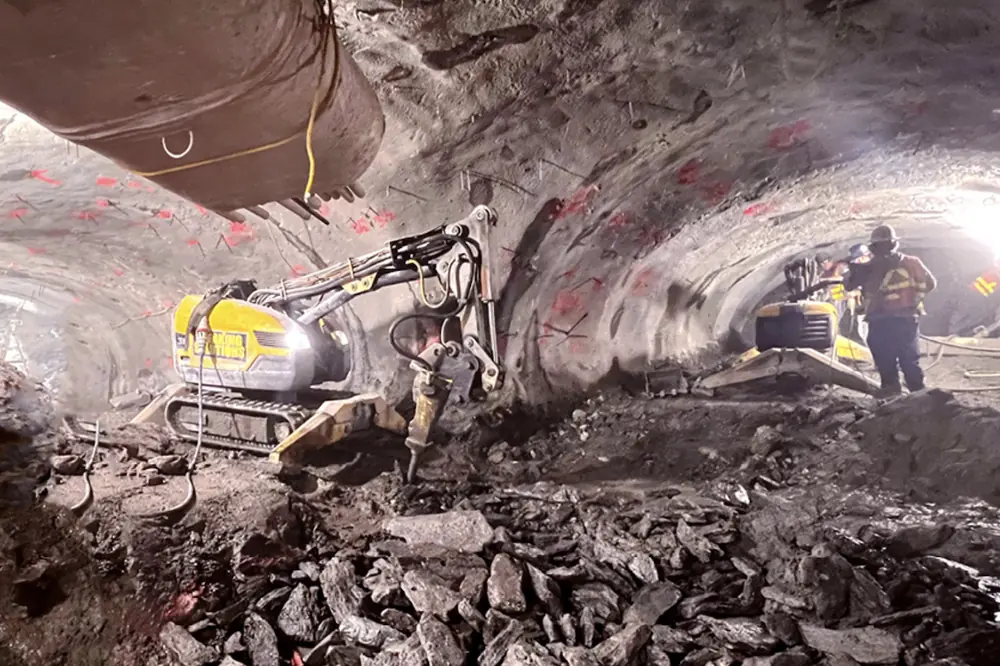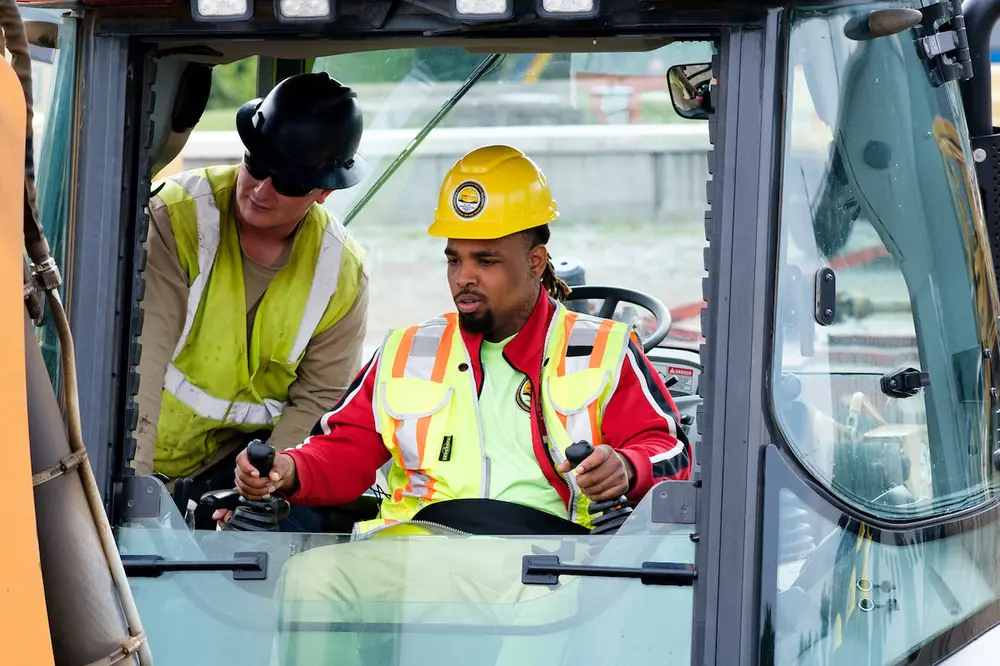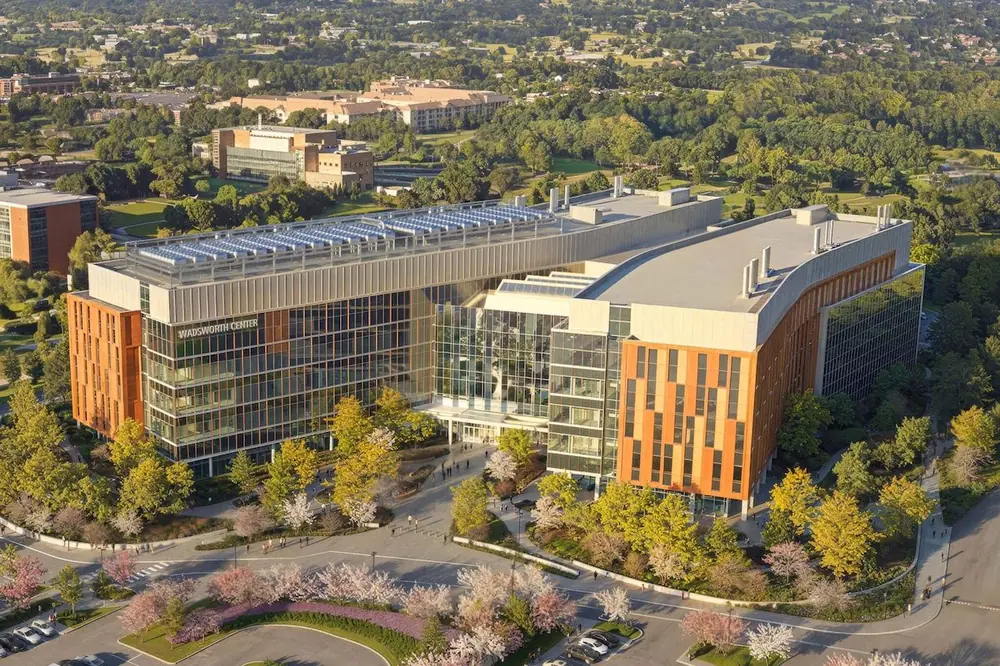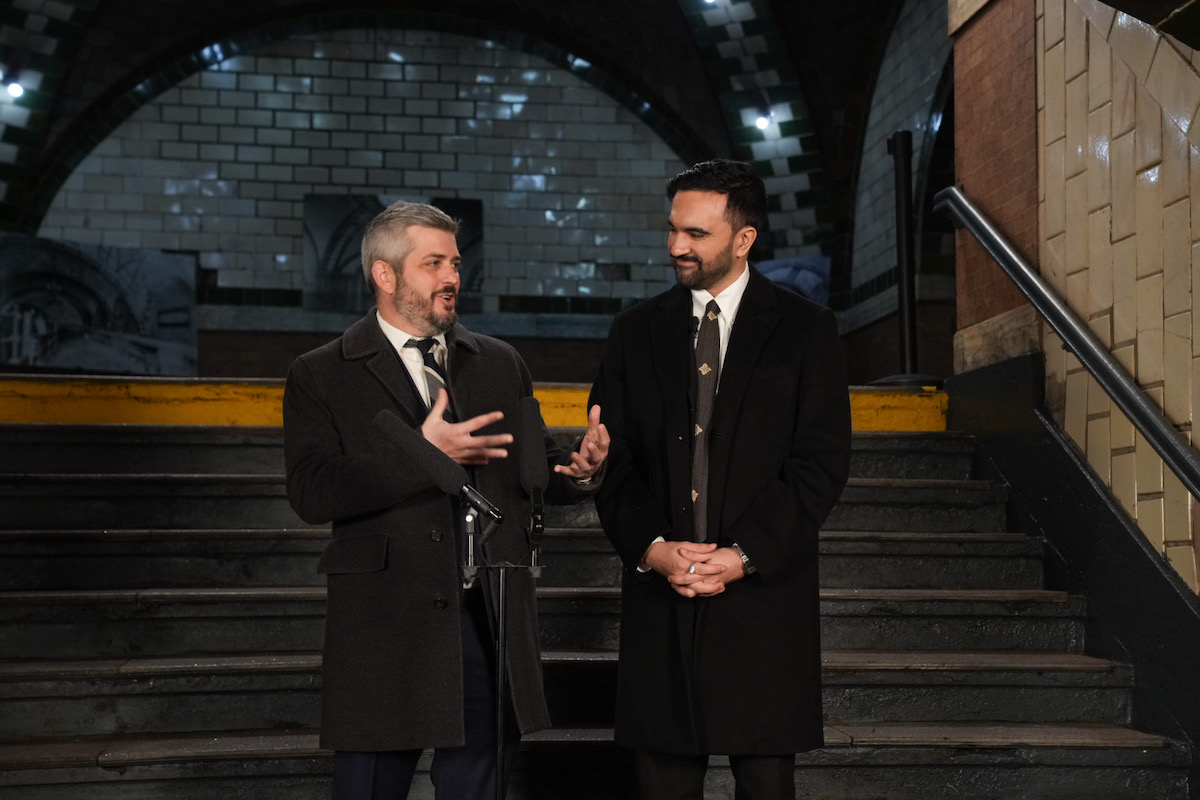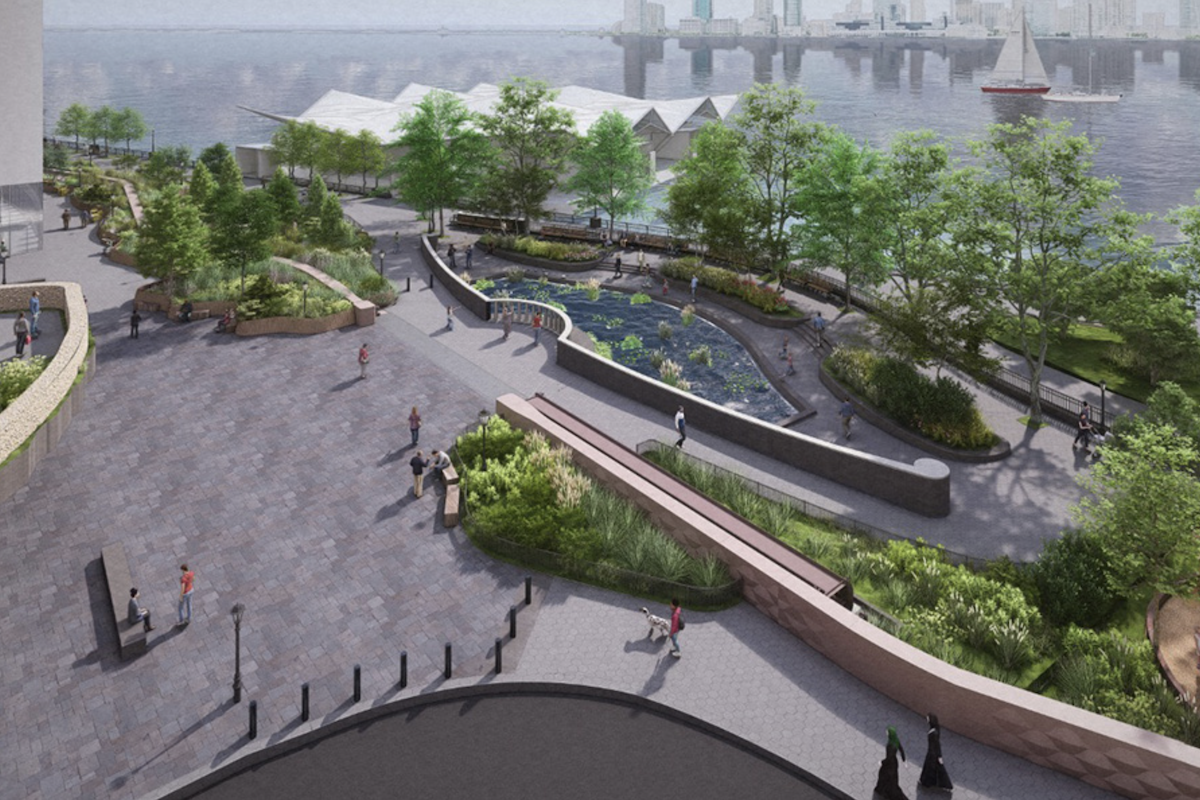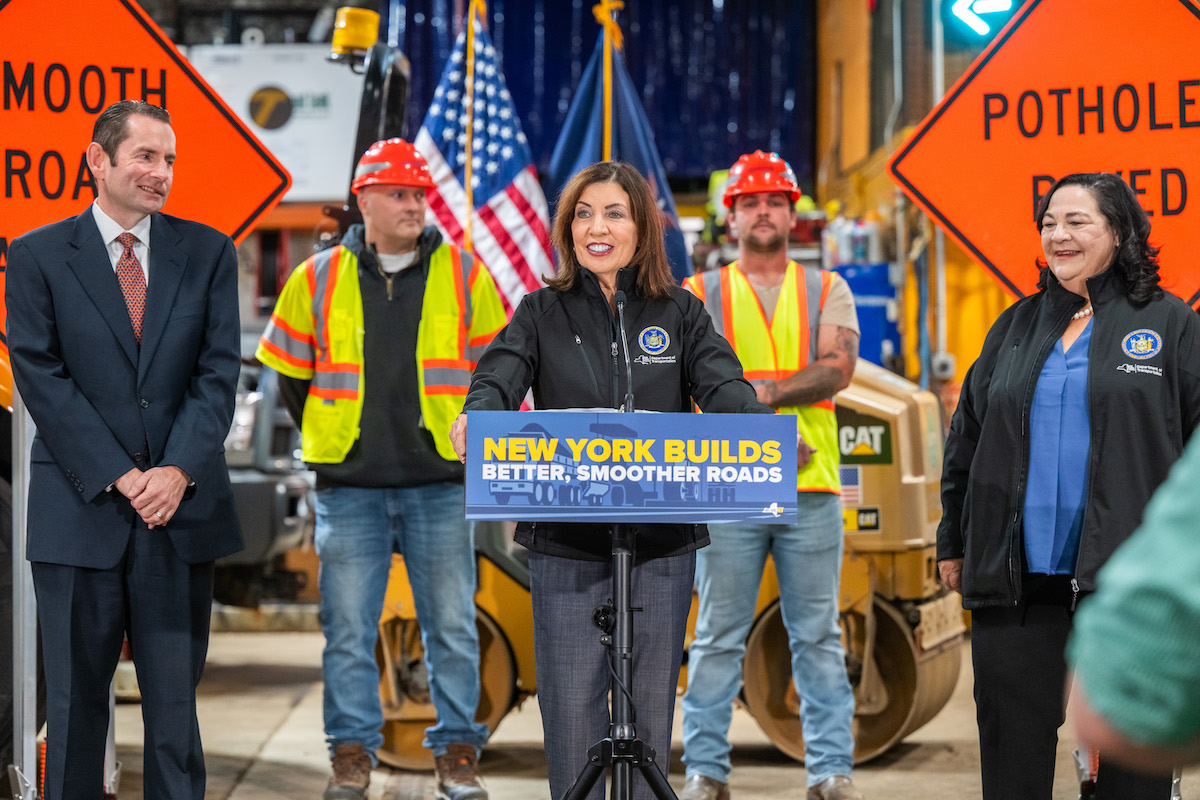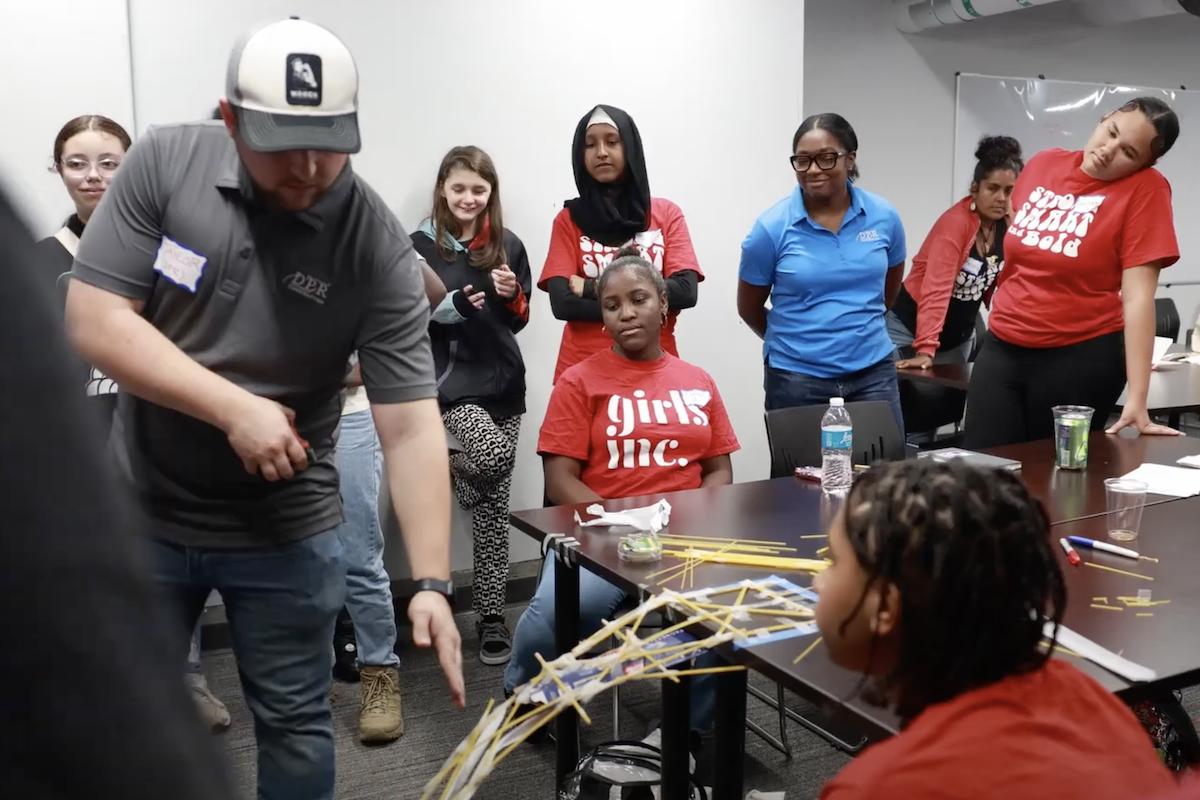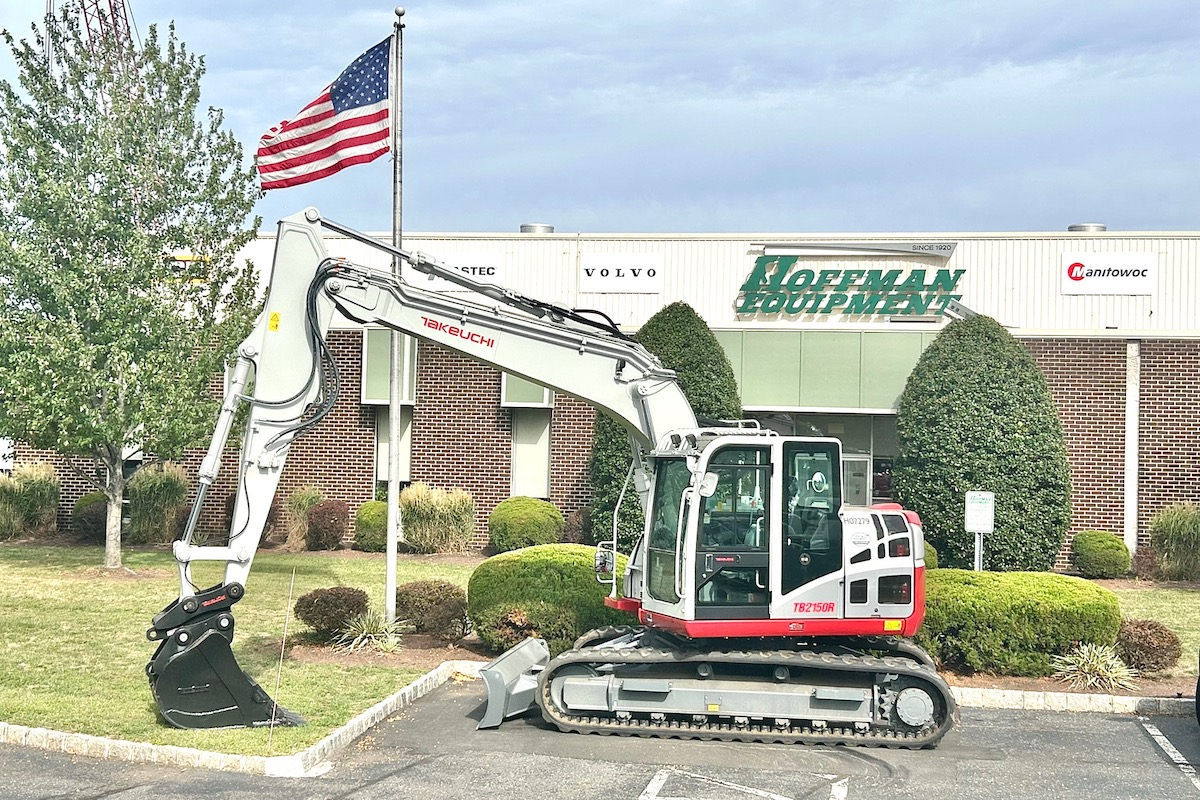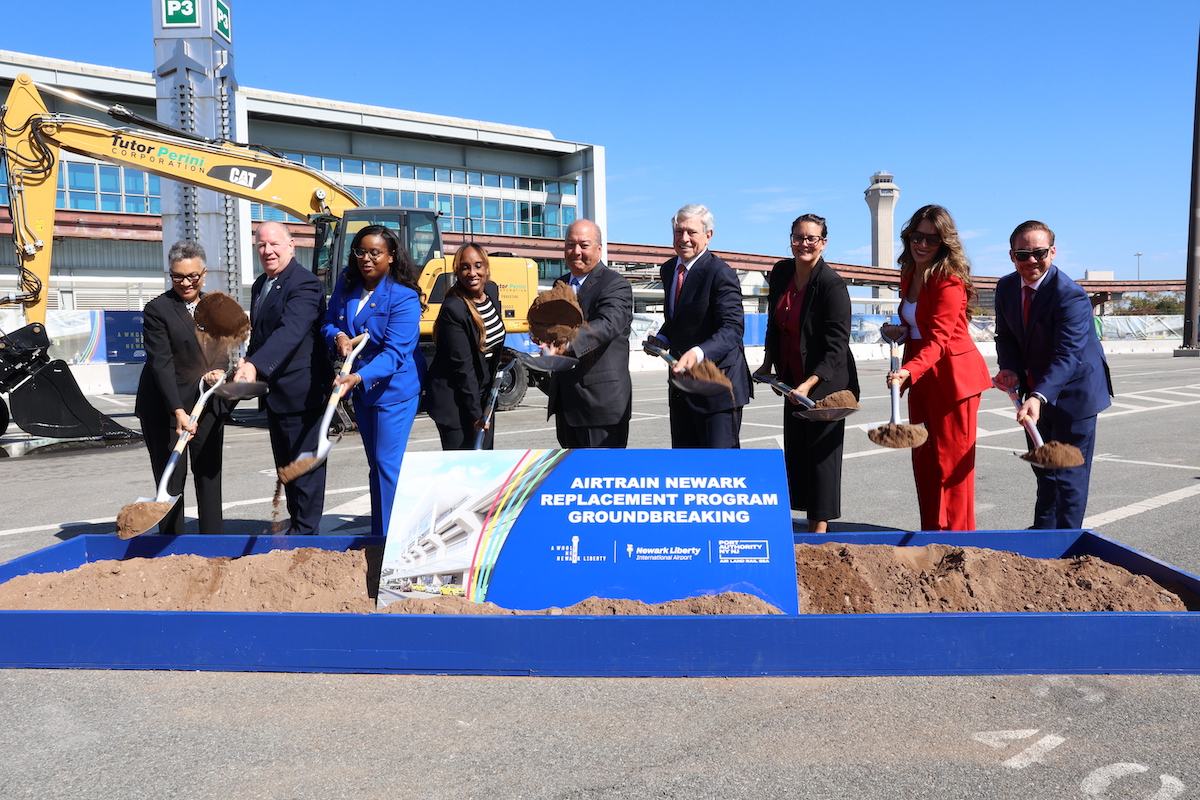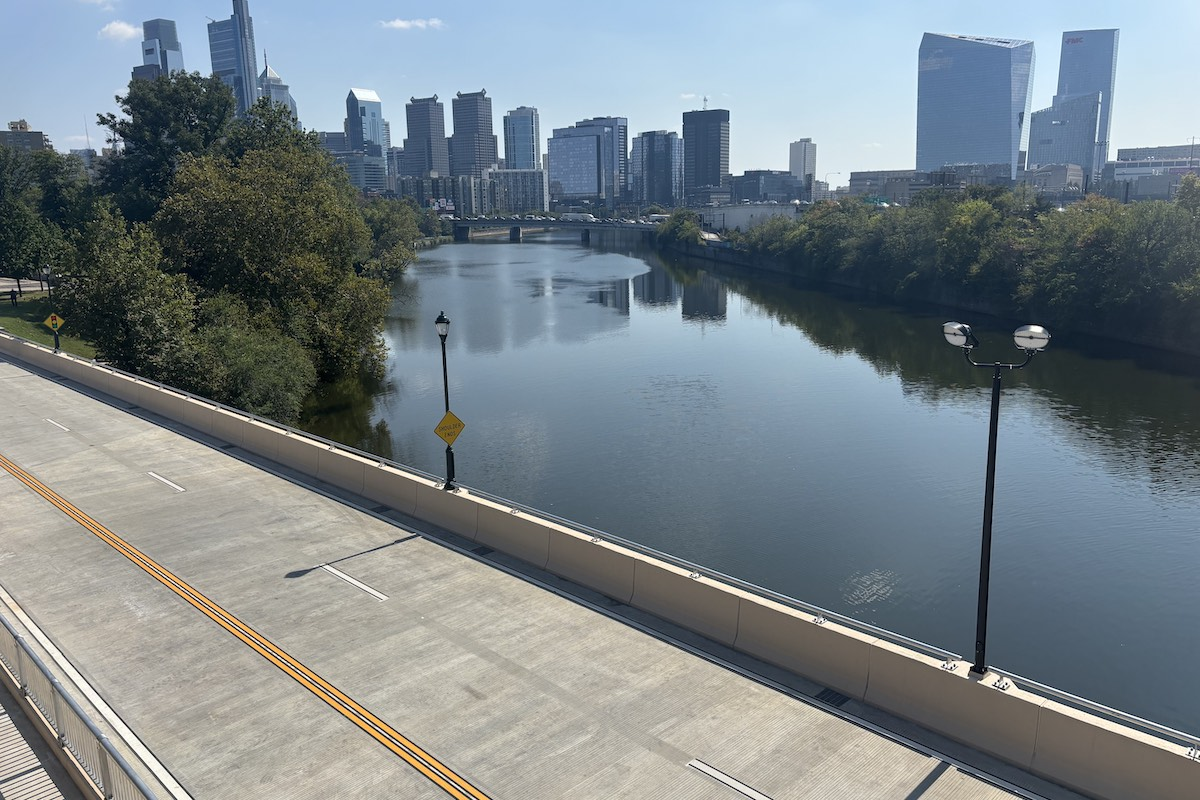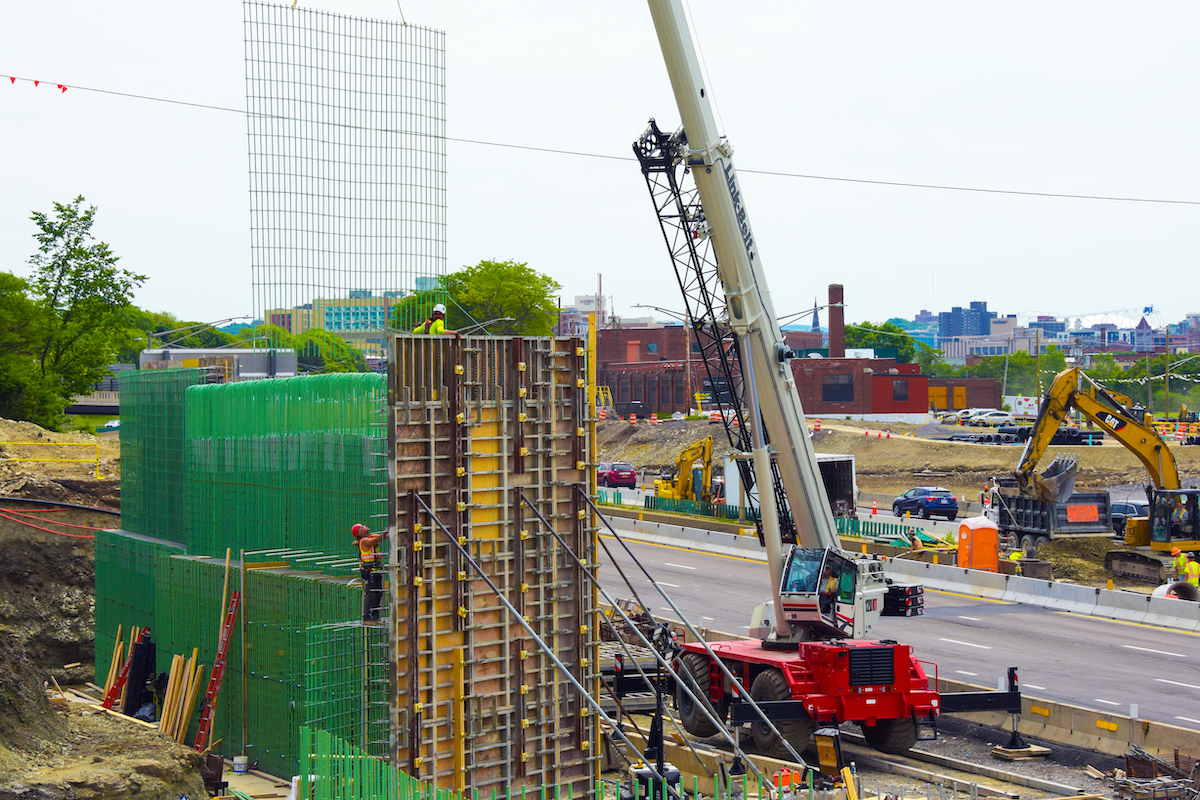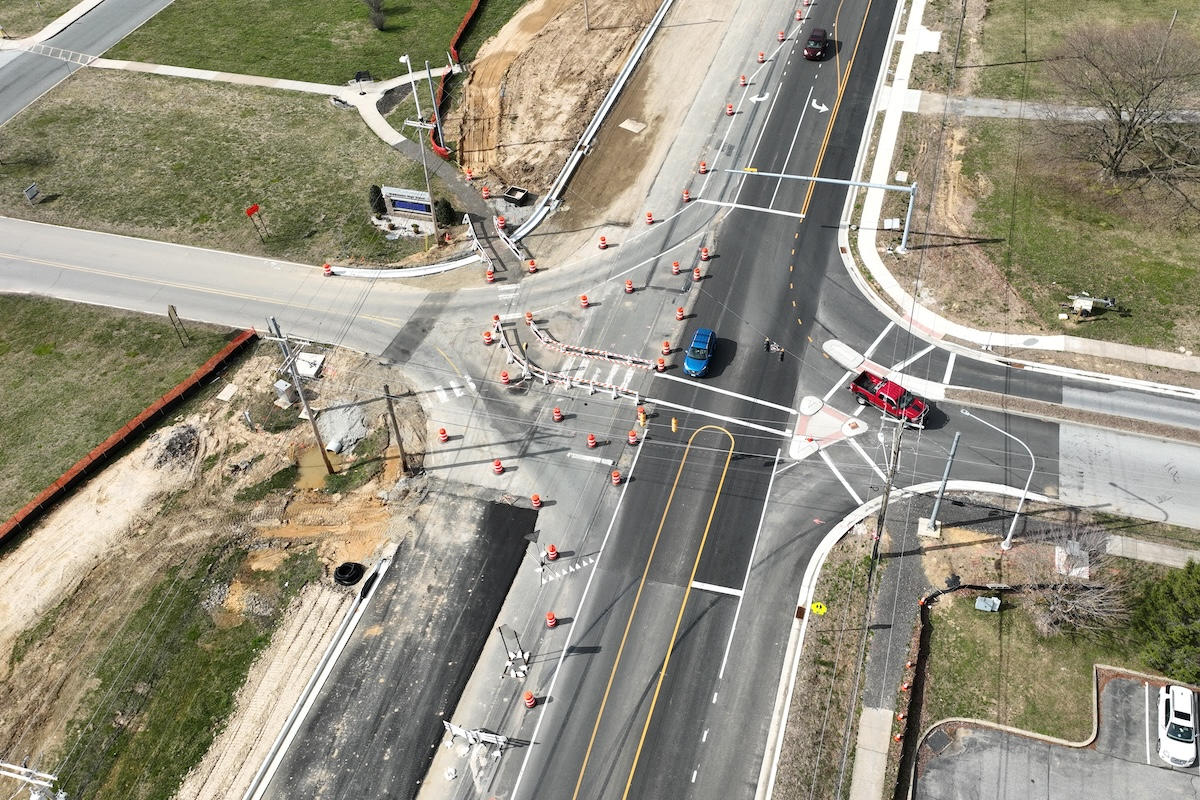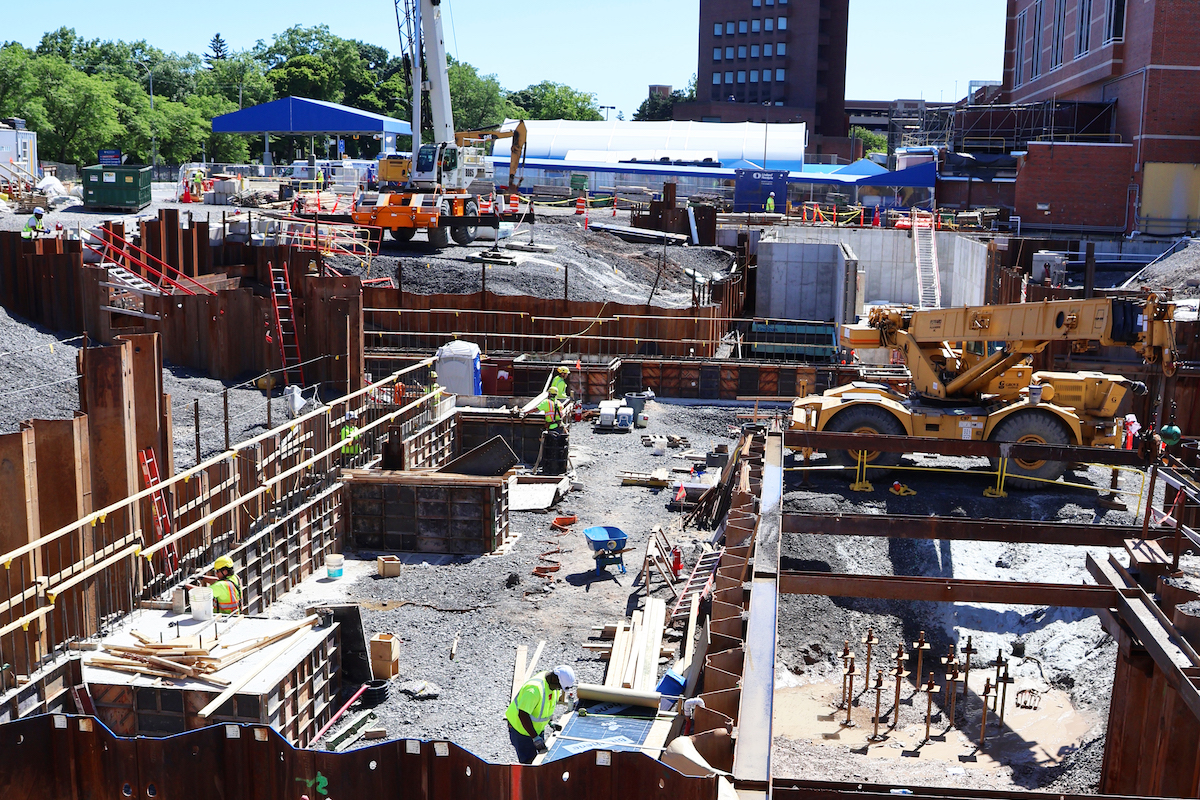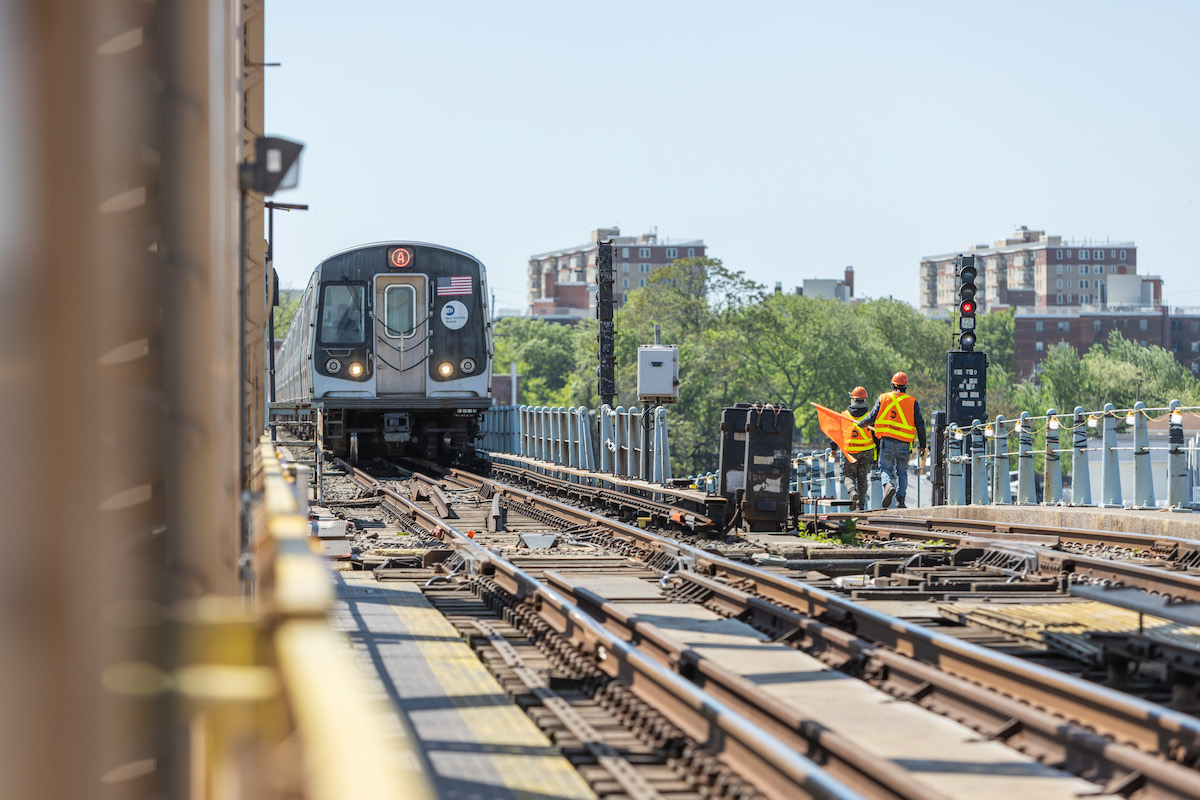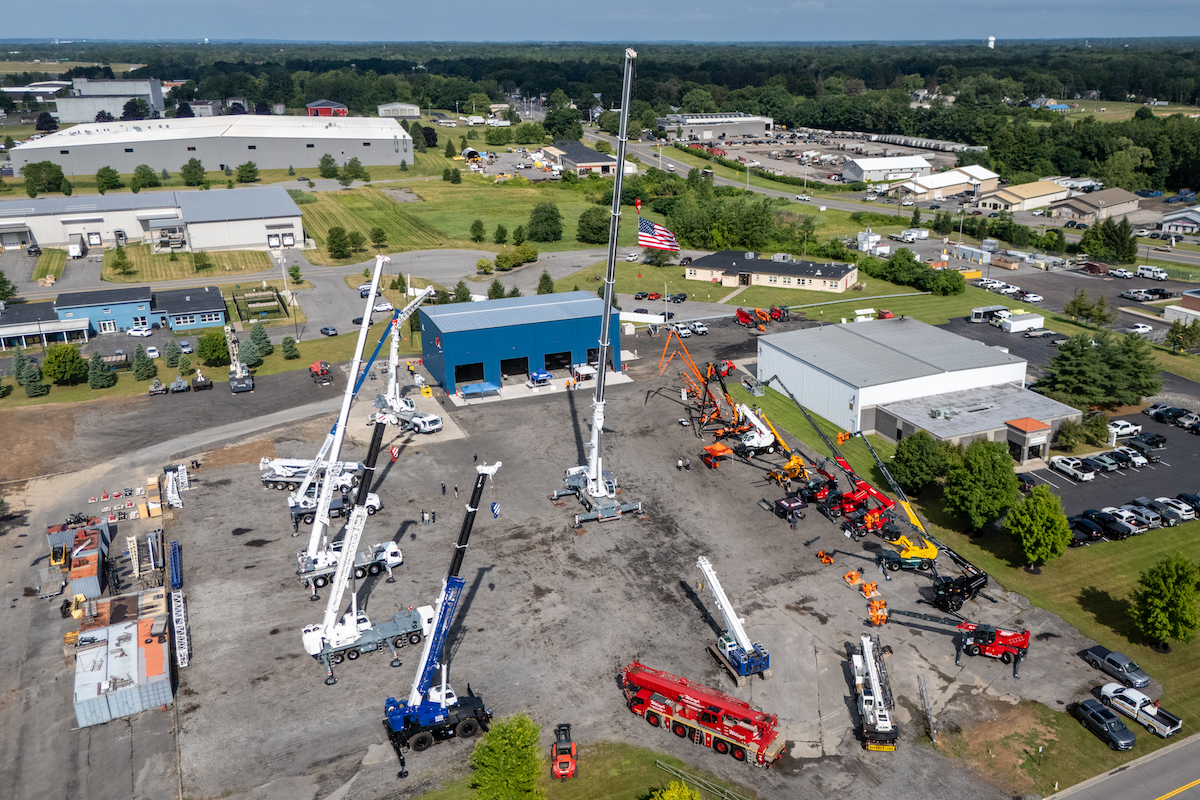In 1935, President Franklin D. Roosevelt signed the Works Progress Administration (WPA) into law. The WPA, which aimed to reduce unemployment, put people to work on infrastructure projects such as highways, schools, hospitals, airports, and playgrounds.
One project built via the WPA was the original Harbor River Bridge. The 80 year-old historical structure is a narrow swing span turn style bridge.
The existing bridge deck consists of two 10-foot-wide travel lanes, one in each direction, with a 1-foot-wide curb and railing. There are also weight restrictions on the bridge.
Operating the bridge has become costly. This is because it requires regular maintenance and monitoring. A private company operates and mans the bridge 24/7 to keep it fully functional.

| Your local Trimble Construction Division dealer |
|---|
| SITECH Allegheny |
| SITECH Northeast |
| SITECH Allegheny |
| SITECH Northeast |
The Harbor River Bridge is critical piece of infrastructure as it provides the only means for vehicular access from the mainland to Harbor Island, Hunting Island, and Fripp Island. On the opposite side of these islands is the Atlantic Ocean.
After much consideration of topics – including, but not limited to, driver safety, long term durability, and construction, operation, and maintenance costs – it was clear to the South Carolina Department of Transportation (SCDOT) that a new bridge was needed. The goal and expectation is that the new bridge will improve safety and connectivity for residents and visitors and provide greater access for roadway and waterway users.
There are two types of deep foundations being used – driven piles and drilled shafts. The shafts are being drilled 105 feet deep and 8 feet in diameter.
Despite the great length of the bridge, there will only be 21 bents. Each bent will be supported by two drilled shafts in the area of the river or a cluster of driven concrete pile in the marsh. The girders are 165 feet in length. There will be five beams per span, each weighing 190,000 pounds.
A local concrete plant was established with the sole purpose of providing product for the project. It’s just two miles from the construction site and provides efficient delivery of large volumes of concrete with few transportation impacts to the surrounding community.

| Your local Trimble Construction Division dealer |
|---|
| SITECH Allegheny |
| SITECH Northeast |
| SITECH Allegheny |
| SITECH Northeast |
Because the area is a sensitive area that is periodically subject to harsh weather requiring residents to evacuate, it’s especially important to have the wide shoulders, which can act as lanes should the need arise.
“The wide shoulders can accommodate emergency vehicles,” in case of breakdowns or accidents on the bridge says Chris Wood, a Project Manager for Michael Baker International. The company oversaw the design review process for the new bridge and roadway approaches and is providing construction management and administration during construction to ensure the completed bridge meets SCDOT standards and follows all environmental permit commitments.
Wood adds, “The volume of traffic is not that high, but the potential need for emergency response vehicles and hurricane evacuations make the wide shoulders necessary.”
According to Sarah Gaffney, a SCDOT Resident Construction Engineer who oversees special projects, “There will be parapet walls on the bridge along the shoulders that can allow for bikers and walkers although it is not a dedicated pedestrian path.”
The area is a bald eagle setting, which is an endangered species. “This requires us to do a monthly environmental check and a good deal of effort goes into tracking environmental conditions on the project,” says Wood.

| Your local Trimble Construction Division dealer |
|---|
| SITECH Allegheny |
| SITECH Northeast |
| SITECH Allegheny |
| SITECH Northeast |
Because the current bridge is one lane in each direction and it needs to be kept open, getting materials and equipment to the construction site requires significant logistical planning. Even if the bridge could be closed to transport material, it would not suffice because of the load restrictions.
Therefore, much of the heavy-duty equipment has been transported to the construction site in unconventional ways. “The contractor has a tugboat assigned to the project to move equipment and materials,” says Wood.
While at the site, the equipment sits on floating barge causeways which were constructed by the contractor. Once the first barge was created, more materials were able to be trucked into the site.
Maintaining the equipment while it’s on the barges can be challenging. “We’ve had two hurricane scares since the project began” says Gaffney, “and we had to carefully secure all the equipment and materials. It’s important that we keep a close eye on the weather.”
Wood notes a few reasons as to why the project is on schedule and on budget. “Design-build projects tend to have less contractual changes,” says Wood. In addition, “Bridge work is linear and specific in its design approach, so there are not a whole lot of changes that you can make when you design it out.”

| Your local Trimble Construction Division dealer |
|---|
| SITECH Allegheny |
| SITECH Northeast |
| SITECH Allegheny |
| SITECH Northeast |
Finally, there was a thorough review of each engineering discipline including geotechnical, roadway, and structural design elements to make sure it met all specs. According to Wood, this has reduced the need for change orders.
Construction will continue beyond 2021, as the old bridge will be taken down. And what will happen to the old Harbor River Bridge? Some of the components will be taken to a Hunting Island park, which is located nearby), where it will be memorialized. SCDOT recognizes peoples’ need and desire to appreciate and remember history.
The new Harbor River Bridge will offer commuters improved safety and less risk in case of emergency as well as no concerns about loads. It will be more convenient for both the shrimp industry whose boats won’t have to wait for the bridge to open as well as the public who also were impacted by the openings. Finally, it will eliminate the need to pay an outside company to operate and manage the bridge. A new era is being ushered in with the construction of the Harbor River Bridge.












